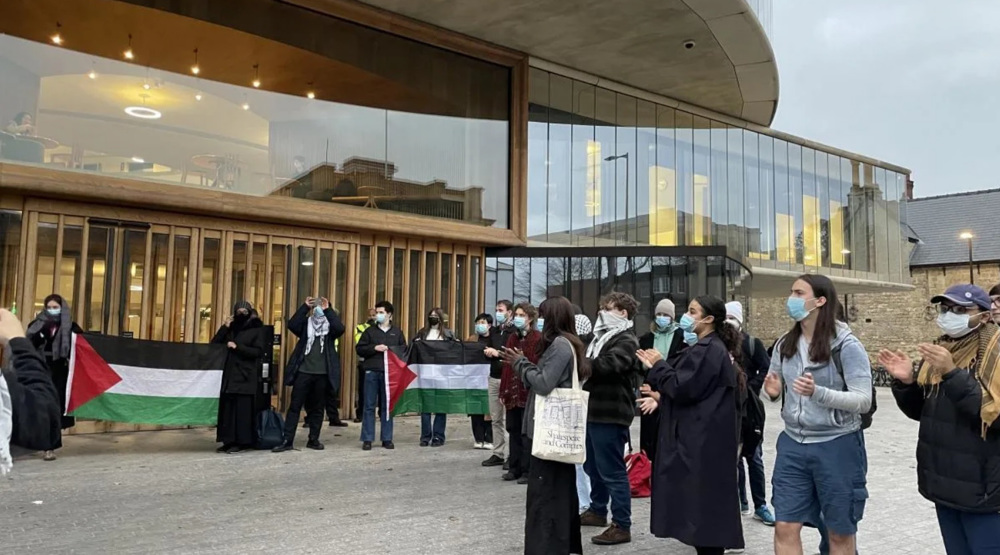Roma communities in UK ‘deeply insecure’: Think tank
The UK’s decision to leave the European Union (EU) has left the country’s Roma migrants in a state of deep insecurity, says a leading British think tank.
The Institute for Public Policy Research (IPPR) broke the news in its latest report on Monday, warning that Roma communities face “a triple whammy of challenges,” after 52 percent of Britons voted to end the UK’s membership in the EU in late June.
The group, which has been subjected to discrimination throughout history, faces uncertainty over its right to remain in the post-Brexit UK, the IPPR noted.
A significant EU funding to support the group is also at stake and is likely to be stopped after the process is completed.
With the group’s estimated population ranging from 80,000 to 300,000 across the UK, the influx of Roma refugees has increased since the EU’s enlargement in 2004 and 2007.
“Roma communities in the UK from central and eastern Europe face deep insecurity in the aftermath of the Brexit vote,” said Marley Morris, a research fellow at IPPR who wrote the report.
“Many are in precarious work with non-statutory employment agencies, experience sustained poverty, and live in substandard accommodation. They are therefore likely to be particularly vulnerable to any future changes to their current residency rights,” she added.
According to the report, an estimated £1.1 billion in European structural funds have been made available to facilitate Roma integration between 2014 and 2020.
“A large amount of targeted support for Roma communities is dependent on EU funding. Without this support, Roma communities will face greater barriers in accessing employment, education, and healthcare, and local services will be placed under further strain,” said Morris, calling on London “to take action now.”
Clarifying the future rights of Roma migrants in the UK and detailing the allotment of the EU funding were some of Morris’s proposals to solve the issue.
The think tank also advised local authorities with large Roma communities to take proactive measures and protect the group against any negative effects of Brexit.
VIDEO | IAEA anti-Iran resolution
Iran urges pope to help end Israeli onslaught in Gaza
VIDEO | ICC's warrant against Netanyahu
VIDEO | Dispute over 'self-defense' clause
Israel destroys 8-story residential building in missile strike in Beirut
Nov. 22: ‘Axis of Resistance’ operations against Israeli occupation
VIDEO | Press TV's news headlines
VIDEO | US-Israeli genocide: Will Gazans see ceasefire deal achieved?










 This makes it easy to access the Press TV website
This makes it easy to access the Press TV website